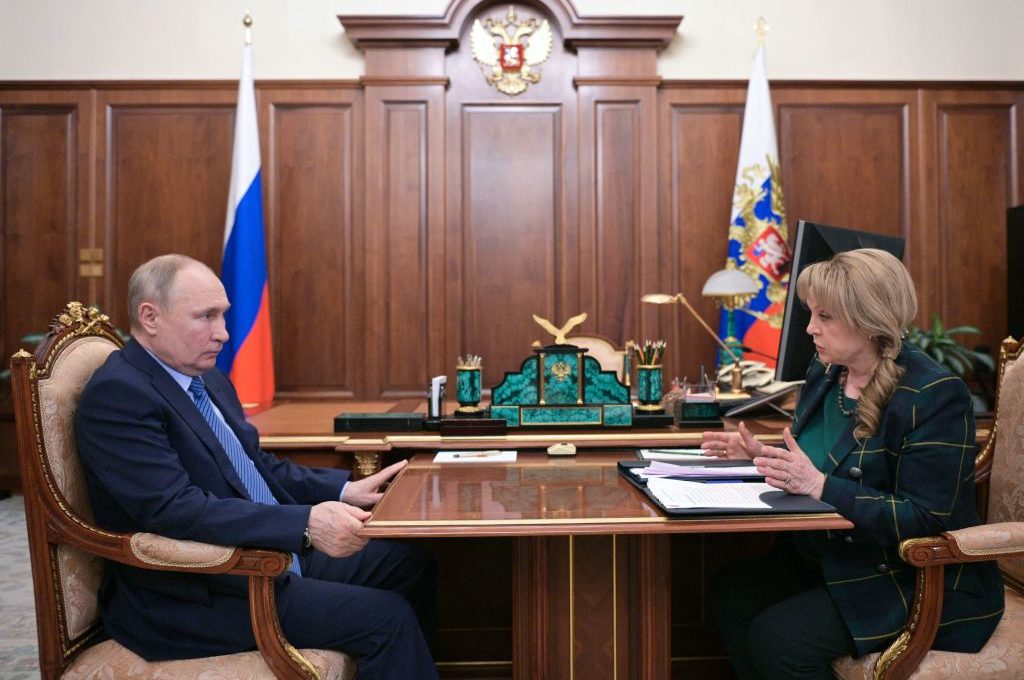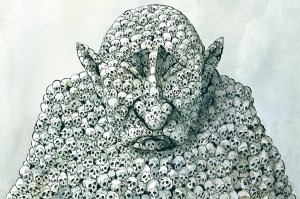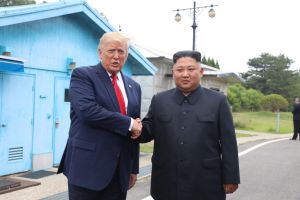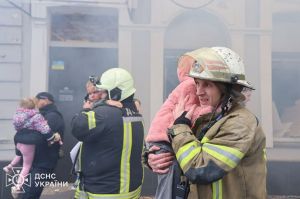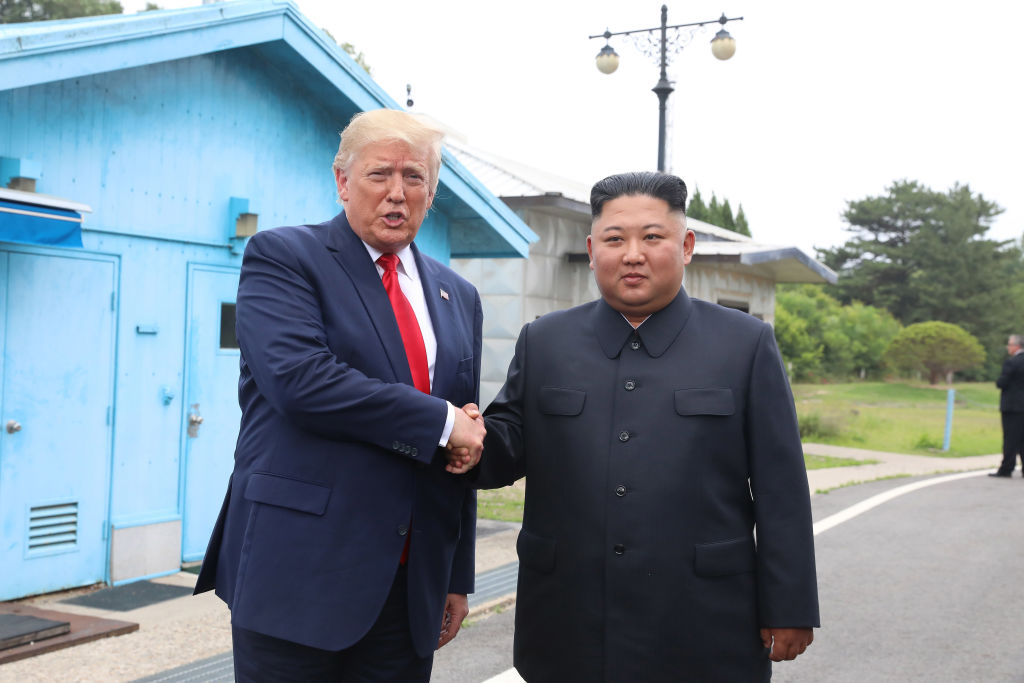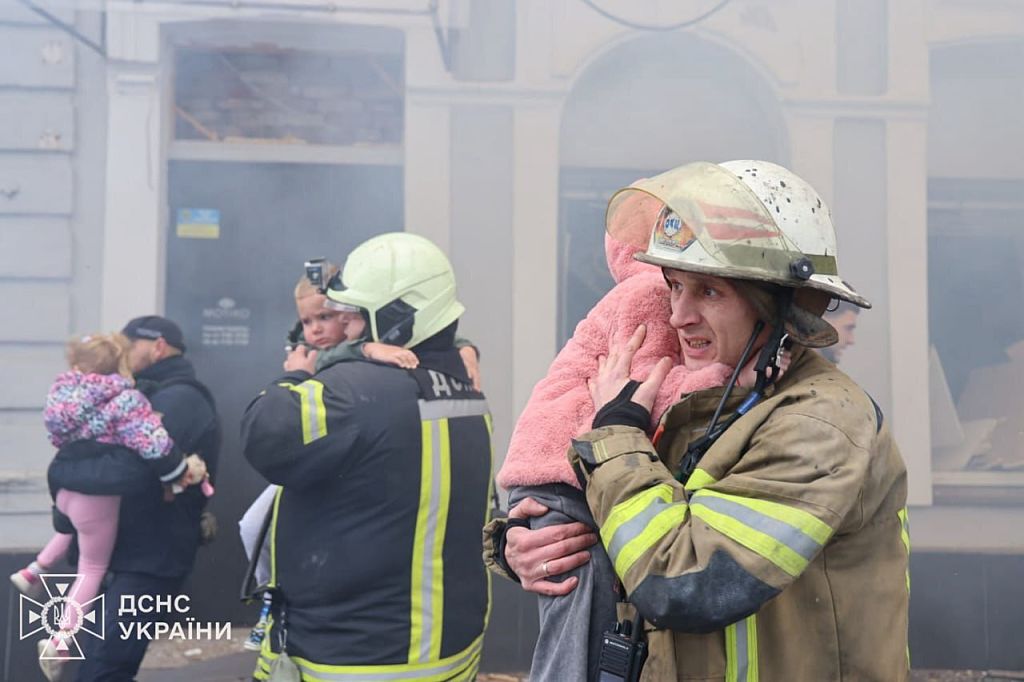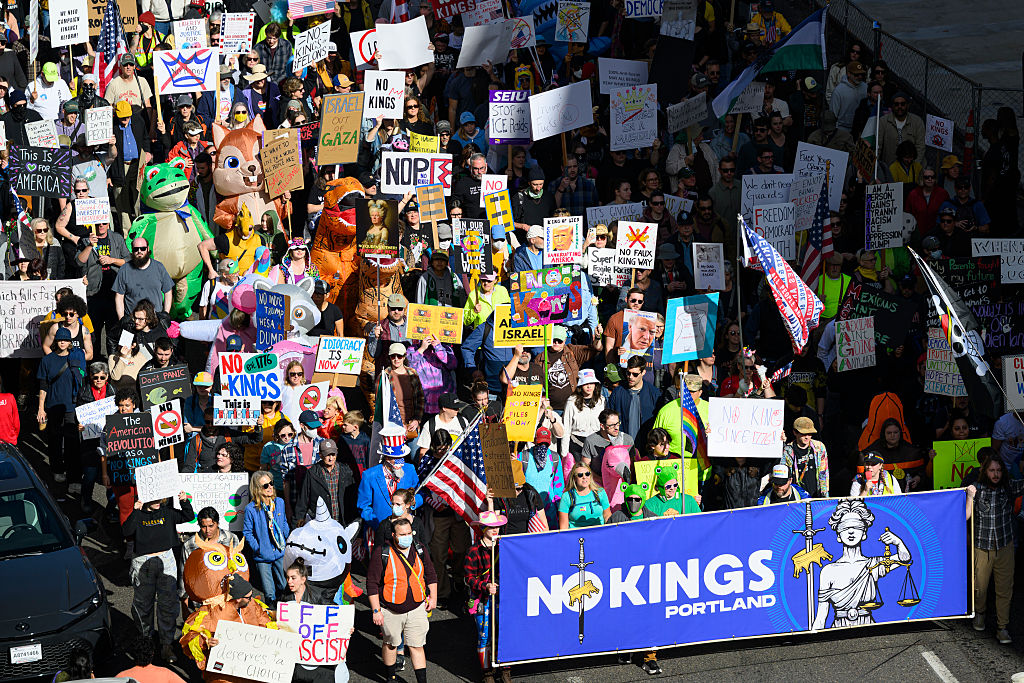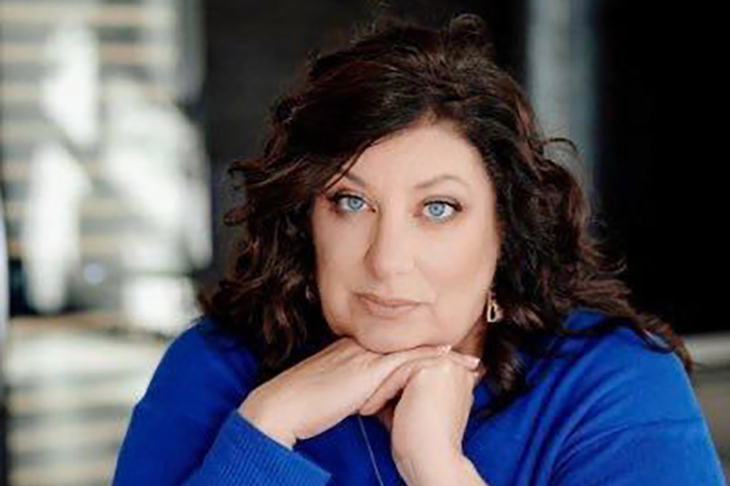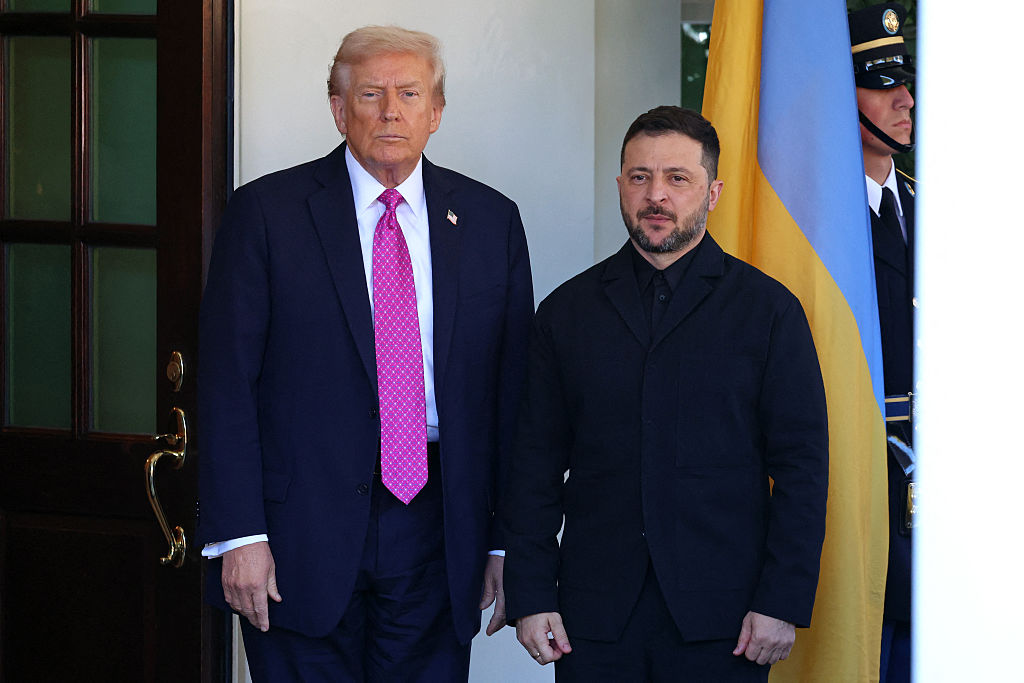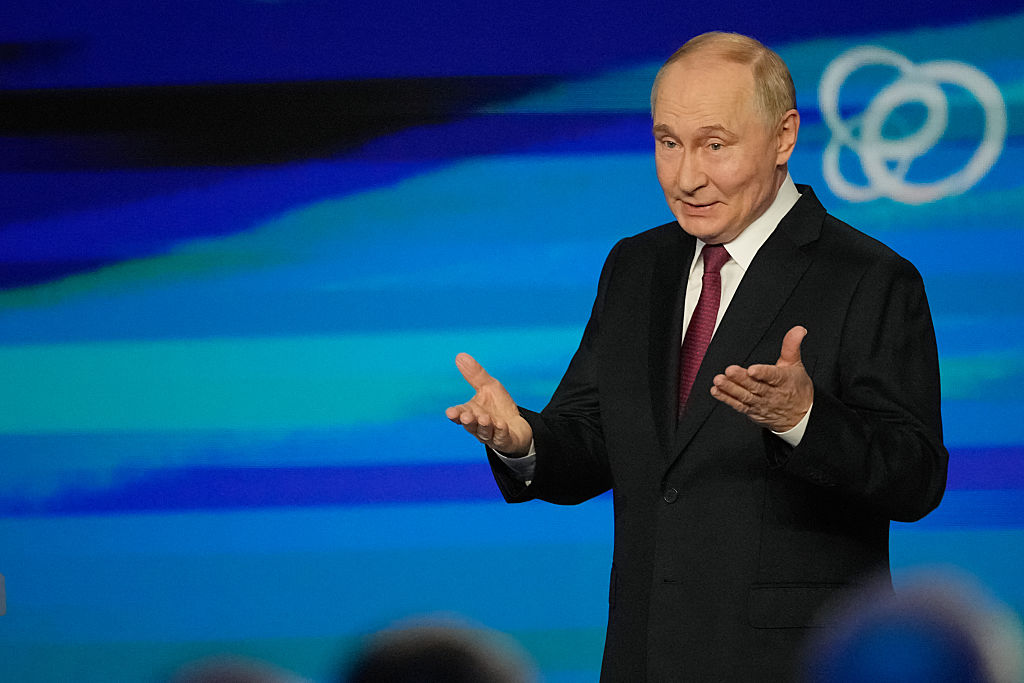Vladimir Putin’s Russia is hardly known for its free and fair elections. But a purge of the field ahead of this September’s parliamentary vote has led to protests even from politicians who benefit from his system. And it has brought the woman on whom the whole democratic façade relies close to a breakdown.
Ella Pamfilova, the head of Russia’s Central Election Commission, had just wrapped up a meeting in which her officials disbarred the popular Communist party candidate Pavel Grudinin when she was approached by Nikolai Bondarenko, Grudinin’s ally and a popular YouTuber.
‘This is a disgrace to the whole country. You’re trampling democracy,’ he told Pamfilova in a video he posted to his channel.
Pamfilova, a former darling of the Russian opposition who is now a public enforcer for the Kremlin, lashed out.
‘I’m trying to help ensure that the country doesn’t collapse, that it’s not torn apart and looted, that there’s stability, that our people live decently,’ she responded. She then stormed off, adding over her shoulder that she was ‘proud of what I do’.
The remarkable thing about the exchange, which soon went viral, was not the apocalyptic lens through which the election official sees her job, or even her professed pride about overseeing a vote that few see as anything other than a choreographed exercise to ensure the victory of the pro-Putin party, United Russia. Rather it’s the fact that against the backdrop of Russia’s sweeping political crackdown in recent months — which has seen hundreds of journalists, activists and opposition figures arrested or driven into exile — there are deep cracks in the carefully managed system that upholds the stability Pamfilova cites as one of her main achievements.
Members of Russia’s opposition movement, especially the jailed Putin foe Alexei Navalny, have become used to regular arrests, raids, and intimidation tactics since Putin began tightening the screws after his election to a third presidential term in 2012. They have railed in vain against subtle tweaks to electoral law and new electronic voting measures that they say facilitate fraud.
But groups like the Communist party have long functioned as an indispensable and loyal element of the ‘managed democracy’ that the Kremlin has championed through most of Putin’s 21 years in power. Alongside Just Russia and the Liberal Democratic party (ultranationalist in everything but name), they comprise the so-called ‘systemic opposition’ — outfits permitted to contest elections, but not to threaten United Russia’s overall hold on power.
The Communist party’s media-savvy heavyweights, like Grudinin and Bondarenko, have now grown tired of that pact. And they know that United Russia is pretty much a spent force. Blasted by Navalny’s relentless exposés of corruption within its ranks, and the evidence of the lavish lifestyles enjoyed by its members at Russian taxpayers’ expense, United Russia’s popularity has precipitously fallen.
So the communists are now seizing their chance to make inroads. The disqualification of Grudinin, who came second to Putin in the 2018 presidential election with 12 percent of the vote, has felt for some like the final straw. Gennady Zyuganov, the party’s leader for 28 years, immediately urged his supporters to take to the streets to protest the decision, an act that would probably get most Russians detained.
Against this backdrop, Ella Pamfilova is the woman balancing this house of cards. She is a respected human rights activist once backed by the opposition, and her appointment as election chief in 2016 was an olive branch to Putin’s critics, designed to add a veneer of legitimacy to the discredited process. ‘If there were not a political desire for normal, fair and open elections, then they would never choose a person like me,’ she said at the time.
Many hoped she would help bolster Russian democracy — now she appears to be struggling under the immense pressure she’s under to continue dismantling it. Her predecessor failed to stop widespread ballot-stuffing at the expense of opposition candidates; she’s seen as presiding over an electoral system which prevents any other candidates from running in the first place.
The tension may blow over after the elections, slated for September 17 to 19. Navalny’s aides who are under house arrest in Russia may be released without trial, and the investigative media outlets labelled as ‘foreign agents’ in recent weeks may survive. But it’s unclear how much longer Pamfilova will be able to fulfill her duties as election czar.
‘I have no personal life right now. I’m drowning here,’ she says in Bondarenko’s video, standing behind the long wood-paneled desk at the election headquarters in Moscow. ‘And from all sides, all I hear are demagoguery and lies.’
As for Bondarenko, shortly after publishing the clip the YouTuber was called in for questioning by the police on charges of ‘distributing extremist materials.’ If he’s found guilty, he’ll be yet another outspoken politician excluded from this year’s ballot. The dragnet, it seems, has now reached the systemic opposition too.
This article was originally published on The Spectator’s UK website.



